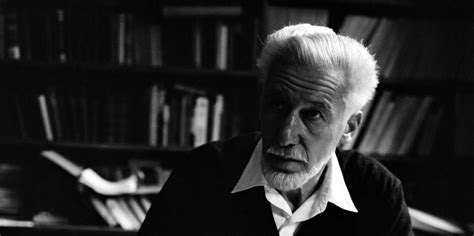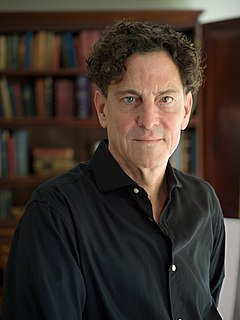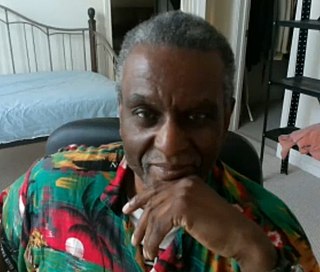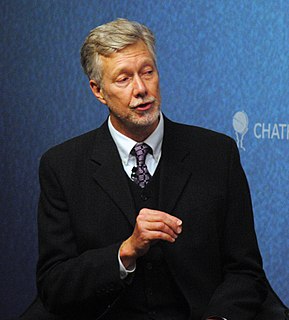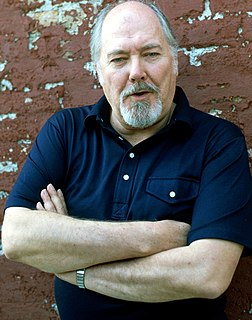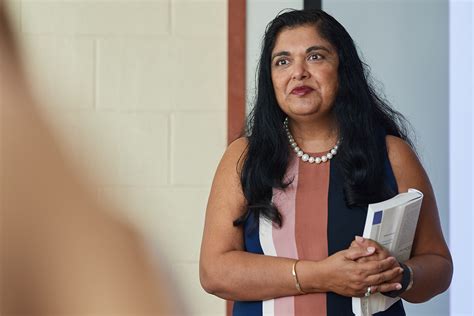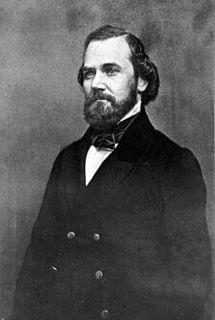Top 1200 Ending Slavery Quotes & Sayings
Explore popular Ending Slavery quotes.
Last updated on April 14, 2025.
I want to expand the question of when something is done. I want to vex the ending. I want to mess around with that. I like the idea that if you make a work that has no clear ending, then you must play with the ending. Because if you don't, you're not highlighting the weird, lovely openness of abstraction.
Although it has been fashionable to deny it, anti-slavery doctrines began to appear in Christian theology soon after the decline of Rome and were accompanied by the eventual disappearance of slavery in all but the fringes of Christian Europe. When Europeans subsequently instituted slavery in the New World, they did so over strenuous papal opposition, a fact that was conveniently 'lost' from history until recently. Finally, the abolition of New World slavery was initiated and achieved by Christian activists.
These semi-traitors [Union generals who were not hostile to slavery] must be watched. Let us be careful who become army leaders in the reorganized army at the end of this Rebellion. The man who thinks that the perpetuity of slavery is essential to the existence of the Union, is unfit to be trusted. The deadliest enemy the Union has is slavery - in fact, its only enemy.
We call 'Slavery is wrong' a moral truth because there is a specific history of theoretical investigation of a particular kind of slavery. We discussed it for centuries in metaphysical, economic, biological, and philosophical terms; we listened to all the arguments pro and con, we read all the testimonies of slaves and witnesses, and we decided. Though this 'we" is not everybody on earth, or even most people, who've never thought about slavery much.
Slavery, you know, is nothing else than the unwilling labor of many. Therefore to get rid of slavery it is necessary that people should not wish to profit by the forced labor of others and should consider it a sin and a shame. But they go and abolish the external form of slavery and arrange so that one can no longer buy and sell slaves, and they imagine and assure themselves that slavery no longer exists, and do not see or wish to see that it does, because people still want and consider it good and right to exploit the labor of others.
As for slavery, there is no need for me to speak of its bad aspects. The only thing requiring explanation is the good side of slavery. I do not mean indirect slavery, the slavery of proletariat; I mean direct slavery, the slavery of the Blacks in Surinam, in Brazil, in the southern regions of North America. Direct slavery is as much the pivot upon which our present-day industrialism turns as are machinery, credit, etc. … Slavery is therefore an economic category of paramount importance.
A wise man will not leave the right to the mercy of chance, nor wish it to prevail through the power of the majority. There is but little virtue in the action of masses of men. When the majority shall at length vote for the abolition of slavery, it will be because they are indifferent to slavery, or because there is but little slavery left to be abolished by their vote. They will then be the only slaves. Only his vote can hasten the abolition of slavery who asserts his own freedom by his vote.
In the era of slavery, you could be a so-called Afro-Cuban one day and a so-called Black American the next day, or vice versa. I mean there was all this back and forth, and there was a lot of opposition in Black America to slavery in Cuba in particular, because slavery in Cuba lasted until the 1880s.
It's always easiest for me as a writer if I know I have a great ending. It can make everything else work. If you don't have a good ending, it's the hardest things in the world to come up with one. I always loved the ending of 'The Kite Runner,' and the scenes that are most faithful to the book are the last few scenes.


